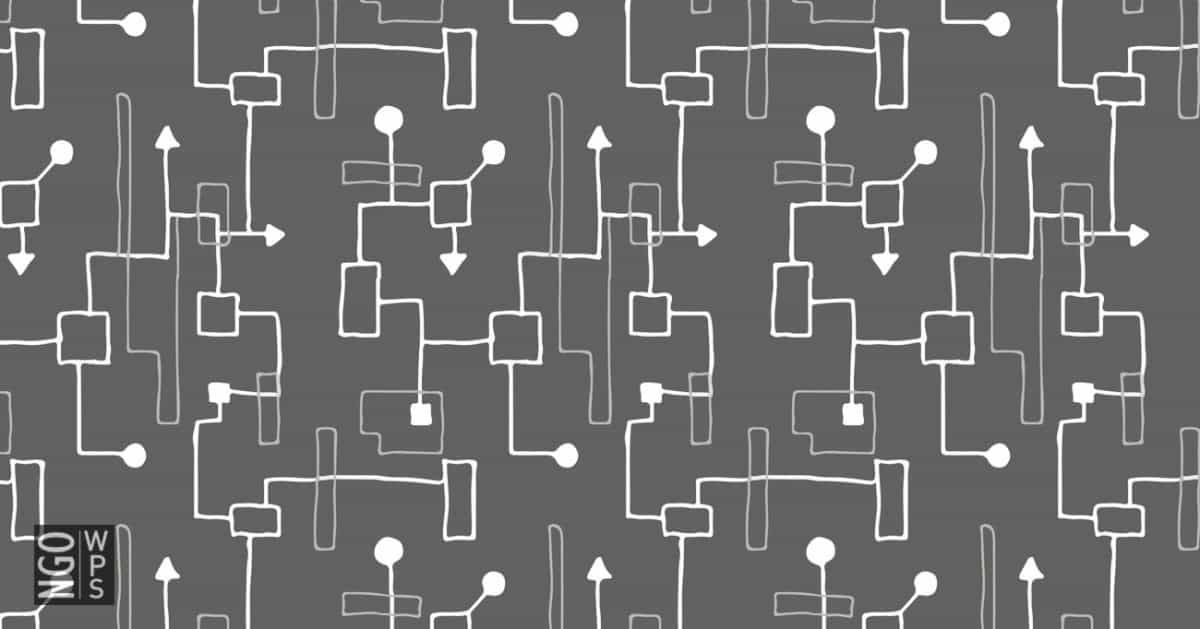Guinea
Women in Guinea, in addition to being disproportionately affected by the Ebola health crisis, continue to face constant threats of sexual and gender-based violence, including early and forced marriages, rape, human trafficking, and some of the highest rates of female genital mutilation/cutting (FGM/C) in the world; approximately 97% of women and girls in Guinea have been subjected to the process (International Federation of Gynecology and Obstetrics). Although Guinea has ratified the Convention on the Elimination of All Forms of Discrimination Against Women (CEDAW) and launched a National Action Plan pursuant to Resolution 1325 in 2009, civil codes in Guinea continue to subjugate and discriminate against women, including through provisions that require spousal approval for professional occupations for women. Recognizing that women’s inclusion in the political process is one of the most effective ways to counter violence and discrimination against women, the NGOWG advocates for the full and effective inclusion of women in all elections and at all levels of peaceful and democratic political transition. In addition, based on the work of NGOWG members, the NGOWG recognizes that impunity for sexual violence remains a looming threat to justice and must be eliminated.
Guinea
Women in Guinea, in addition to being disproportionately affected by the Ebola health crisis, continue to face constant threats of sexual and gender-based violence, including early and forced marriages, rape, human trafficking, and some of the highest rates of female genital mutilation/cutting (FGM/C) in the world; approximately 97% of women and girls in Guinea have been subjected to the process (International Federation of Gynecology and Obstetrics).
Guinea has ratified the Convention on the Elimination of All Forms of Discrimination Against Women (CEDAW), and launched a National Action Plan pursuant to Resolution 1325 in 2009. However, civil codes in Guinea continue to subjugate and discriminate against women, including through provisions that require spousal approval for professional occupations for women. Recognizing that women’s inclusion in the political process is one of the most effective ways to counter violence and discrimination against women, the NGOWG advocates for the full and effective inclusion of women in all elections and at all levels of peaceful and democratic political transition. In addition, based on the work of NGOWG members, the NGOWG recognizes that impunity for sexual violence remains a looming threat to justice and must be eliminated.
Current and Past Recommendations to the UN Security Council (Monthly Action Points)
More than a year after political violence in which more than 100 were killed and sexual violence was widely used as a tactic of political oppression, violence continues to mar elections in Guinea. Demonstrations in late October in Conakry were characterized by excessive use of force by government security forces, resulting in one death and more than 60 injured, including some with gunshot wounds. The Council should ensure it supports all efforts to ensure these elections are fair and free of violence, particularly given the previous political violence that has been perpetrated against women.
Relevant Resources









